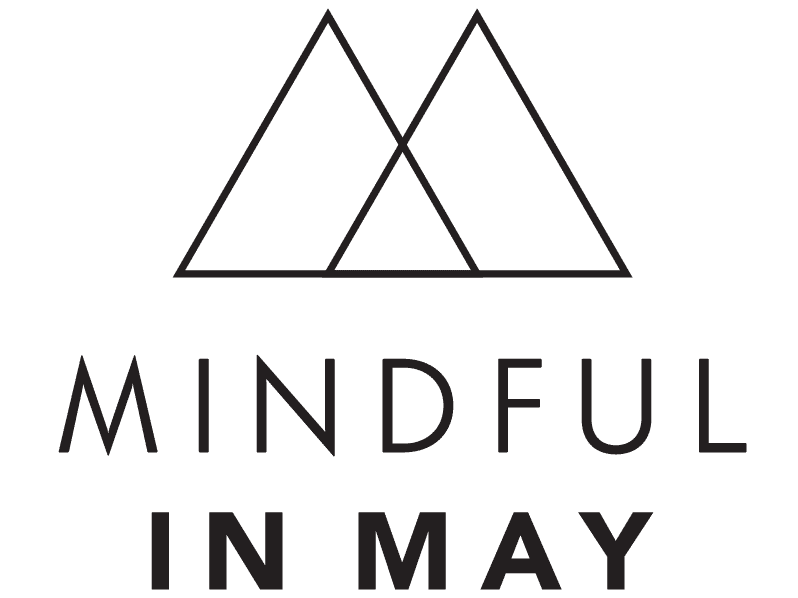Shannon Harvey on meditating for health
By Shannon Harvey

I was 24 years old and I’d just landed my dream job in journalism when I diagnosed with an autoimmune disease. Although my doctors meant well, they couldn’t offer me a cause or a cure. There was one thing I did know – when I was stressed, I was worse.
Faced with the potential to end up wheelchair-bound or with organ failure and a lifetime of taking drugs to suppress my immune system, I travelled the world interviewing leading experts in mind-body medicine from places like Harvard and Stanford, as well as meeting people who had used mind-body medicine to recover from chronic illness when conventional medicine had run out of options. I soon realised that in order to change my health, I needed to change my mind.
Ten years have passed since my diagnosis and today I am well and not taking medication. I made my film The Connection so I could share this remarkable information with others.
Why I started meditating for health
One of the significant moments in my healing journey was travelling to Boston and interviewing Dr. Herbert Benson whose groundbreaking body of work has led him to be considered by some people to be the father of modern mind-body medicine. He discovered the Relaxation Response – a physiological response opposite to the stress response that can be triggered by a focused awareness exercise such as meditation.
A recent study shows that a simple 8-week meditation program can help switch off genes affecting disease. What is staggering about his findings is that gene expression changes start happening the very first time we evoke the Relaxation Response. The more we do it, the more anchored the changes.
Given that autoimmune disease runs in my family, the doctors I saw had explained my illness by putting it down to being a genetic condition. Dr. Benson’s research indicates that my illness was far from inevitable.
Why I keep meditating for health
For my film, I also interviewed Dr. Dean Ornish from the Preventive Medicine Research Institute. Research has shown that his lifestyle program, which includes regular meditation, has the potential to reverse ageing on a cellular level by making our telomeres longer. Telomeres are little caps that sit on the end of our DNA like the ends of shoelaces. They shorten as we age. But Dr. Ornish’s research indicates that we have the potential to reverse or slow the ageing. It shows that genetic engineering doesn’t have to take place in a laboratory with expensive high tech equipment.
We also know that meditation is like going to the gym. The more you do it, the bigger the benefits. Dr. Sara Lazar from Harvard looked at the brains of seasoned meditators who on average had meditated once a day for 40 minutes for about eight years. She showed that the more experienced the meditator, the bigger the change in brain structure. The more often they meditated, the stronger, fitter and younger their brains were.
How you can start meditating for health
Finding time to meditate in our crazy, busy, hectic lives is the number one obstacle to meditation and finding 40 minutes every day like the pros in Dr. Lazar’s study is unrealistic for many of us. But I’m happy to say that this study indicates we need to find just 10 minutes a day for 16 weeks to get significant improvements in brain functioning.
Starting with a program like The Mindful in May meditation challenge is a great way to kick start a new daily habit. But if you think that finding even a 10 minutes stretch of time is impossible, then you might like to consider the advice of Dr. Craig Hassed, one of the world’s leading experts in mind-body medical research who is also the founding president of the Australian Teachers of Meditation Association.
He says that two short five-minute meditations at the beginning of the day and early evening can serve as full stops or moments of stillness to punctuate your day. He also suggests you could try a number of commas throughout the day as well. This might include a 30-second meditation before going into a meeting or a one-minute session before lunch.
This is an extract from Shannon Harvey’s blog.
Shannon Harvey
Shannon Harvey is the director of the feature documentary The Connection. Shannon has worked as a journalist and producer in television, radio and online, and has a Master’s degree in Communications. She worked for the ABC and Fairfax before starting her own production company, Elemental Media.
Check out The Connection official trailer below:


"If we wish to be healthy, happy and clear-minded, we need to upgrade our “inner technology”of attention to meet the demands of our increasingly complex world. That's where mindfulness comes in.."
- DR ELISE BIALYLEW
about the HOST AND FOUNDER OF
MINDFUL IN MAY:
DR ELISE BIALYLEW
Elise Bialylew is the author of the bestselling book, The Happiness Plan, and founder of Mindful in May, the world’s largest online global mindfulness fundraising campaign.
A doctor trained in psychiatry, turned social entrepreneur and mindfulness expert, she’s passionate about supporting individuals and organisations to develop inner tools for greater wellbeing and flourishing, and offers workshops and training at The Mind Life Project.
Her work has been featured in the Huffington Post, New York Times and on Australian Television. She was recently recognised by the Australian Financial Review as a 2019 AFR Women of Influence.
Keep in touch with us
Sign up to access additional resources, mindfulness tips and to find out about upcoming events.
When you submit your email you are opting-in for our emails and relevant upcoming updates from Elise. You can unsubscribe any time.

